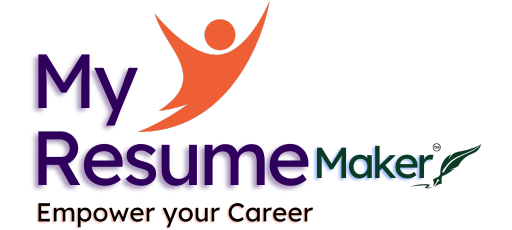International Resume
Creating an international resume or CV, especially if you’re looking for a job outside your home country, is an important step in your job search. International resumes often have some unique considerations due to differences in hiring practices and cultural expectations. Here are some tips to ensure your resume follows international standards:
- Personal Information: Include your full name, contact information (phone, email, and potentially a local address if applicable), and, if desired, a professional photo. Be mindful of local customs regarding photos on resumes.
- Format: Use a clear and professional format. Depending on the country and industry, you might choose between a chronological or functional format. Research the preferred format in the country where you’re applying.
- Professional Summary: Start your resume with a brief professional summary or objective statement, summarizing your qualifications and career goals. Keep it concise and tailored to the job you’re applying for.
- Education: List your educational background, including the name of the institution, the degree(s) earned, dates of attendance, and any honors or awards. Be sure to include equivalency information if your degrees are from different countries.
- Work Experience: Highlight your work experience in reverse chronological order, just as you would in a standard resume. Include the name of the company, your job title, the dates you worked there, and detailed descriptions of your responsibilities and accomplishments.
- Language Skills: Emphasize your language skills, especially if you are applying for a position in a non-native language. Mention your proficiency level in languages, and if possible, provide evidence such as language certificates.
- Cultural Sensitivity: Be aware of cultural differences in resumes. In some countries, it’s common to include personal details like age, gender, marital status, or even a photo, while in others, this information is discouraged or even illegal.
- References: Some international resumes may include references directly on the resume. In other cases, references are provided upon request. Research local customs and preferences.
- Length: In many countries, a one- or two-page resume is the norm. However, in some regions, longer CVs are expected, particularly for academic or research positions.
- Research the Local Norms: Study the specific requirements and preferences of the country where you’re applying. There may be cultural norms and expectations that differ from your home country.
- Legal Considerations: Ensure you’re aware of any legal requirements for working in a foreign country, including work permits or visas.
“My Resume Maker” offers templates and guidance for creating international resumes, it can be a valuable resource to help you meet the standards and expectations of the international job market. Customizing your resume to align with the specific requirements of the country and position you’re targeting is crucial for a successful job application.





